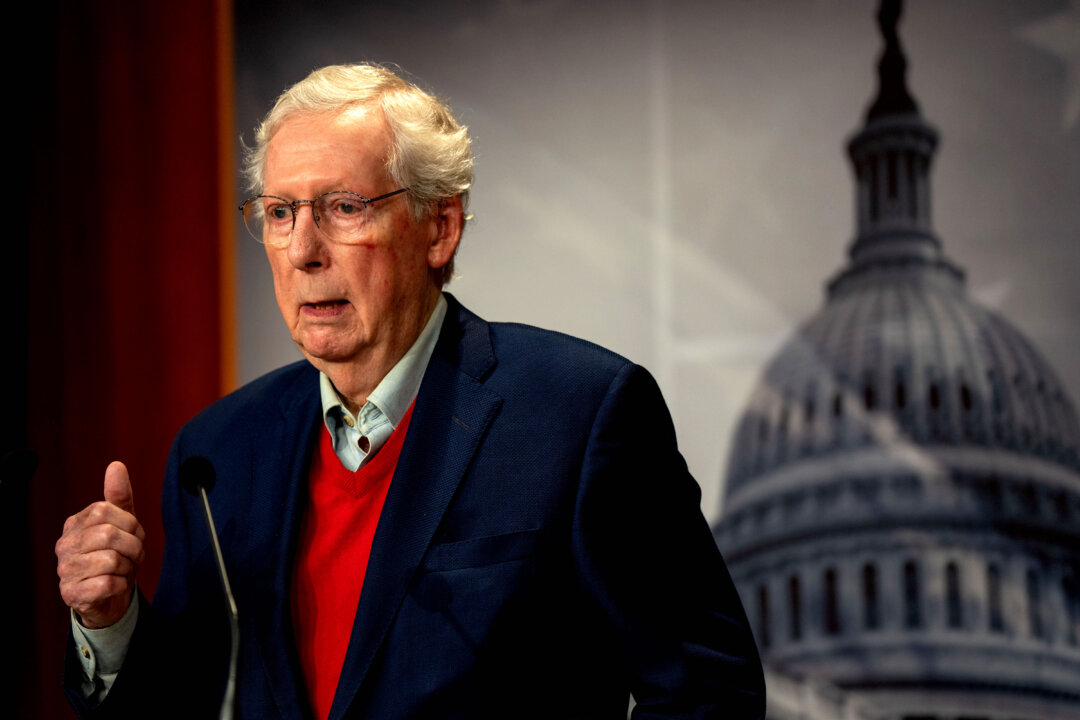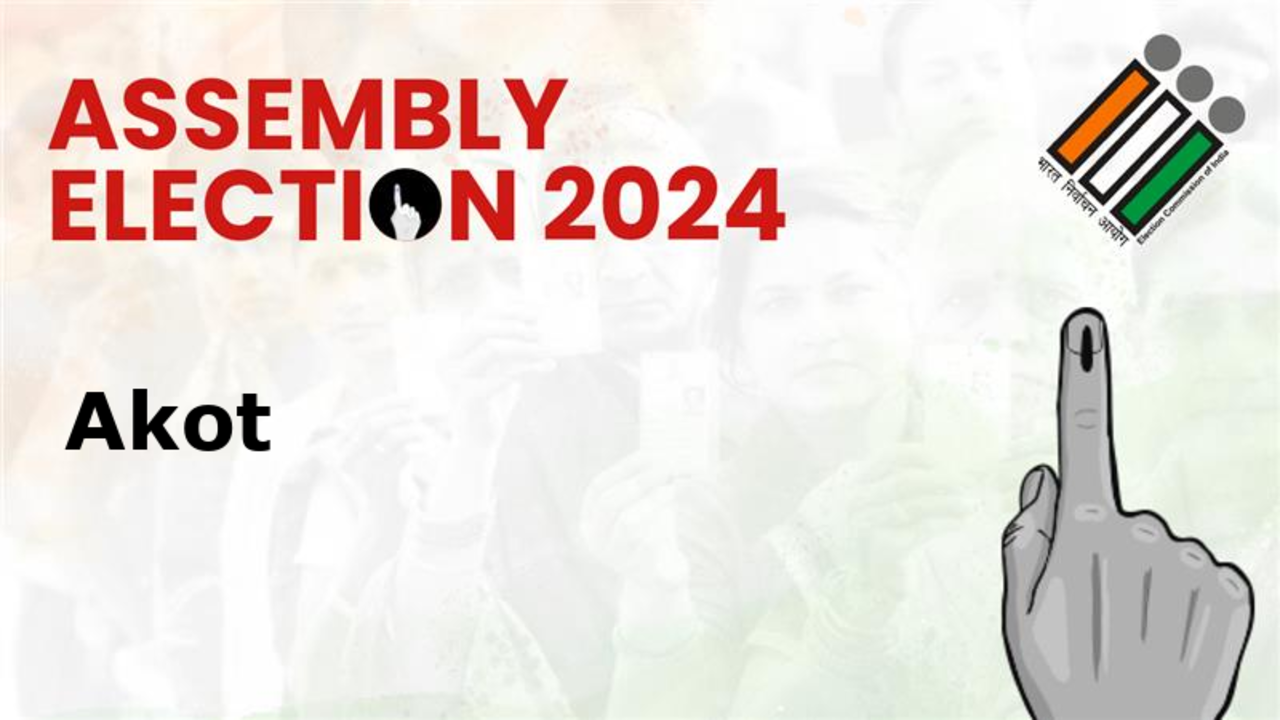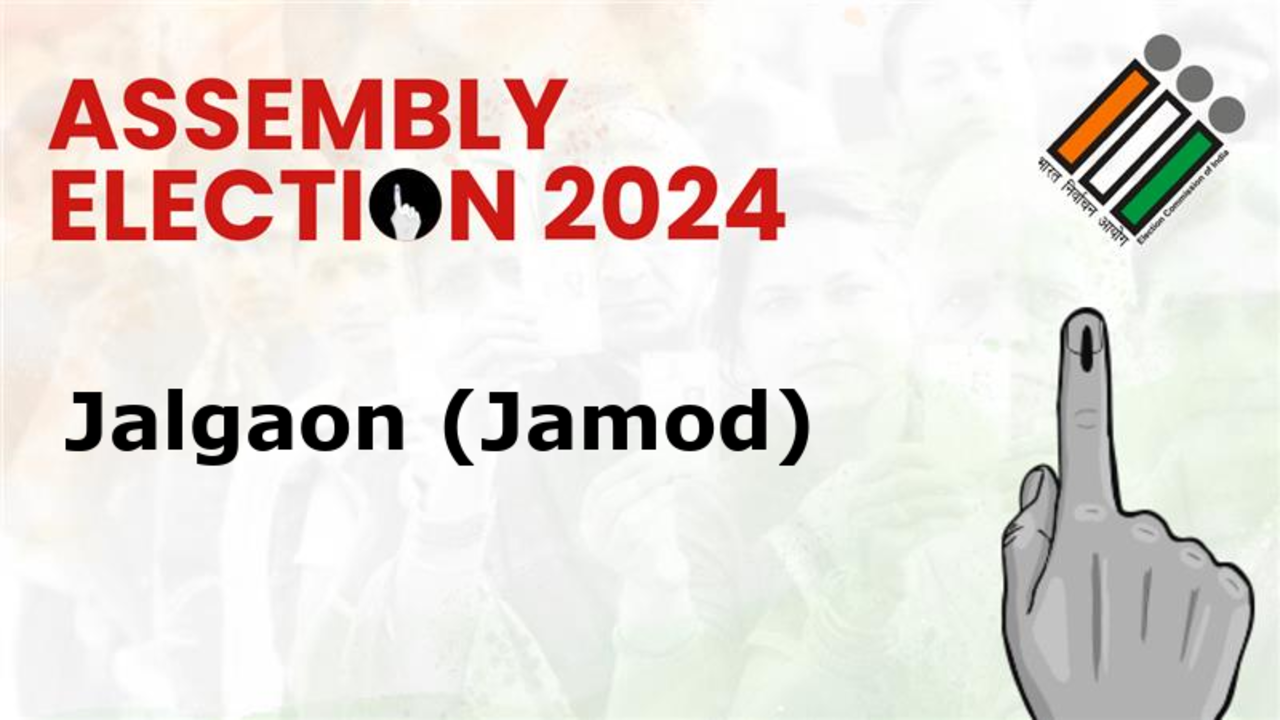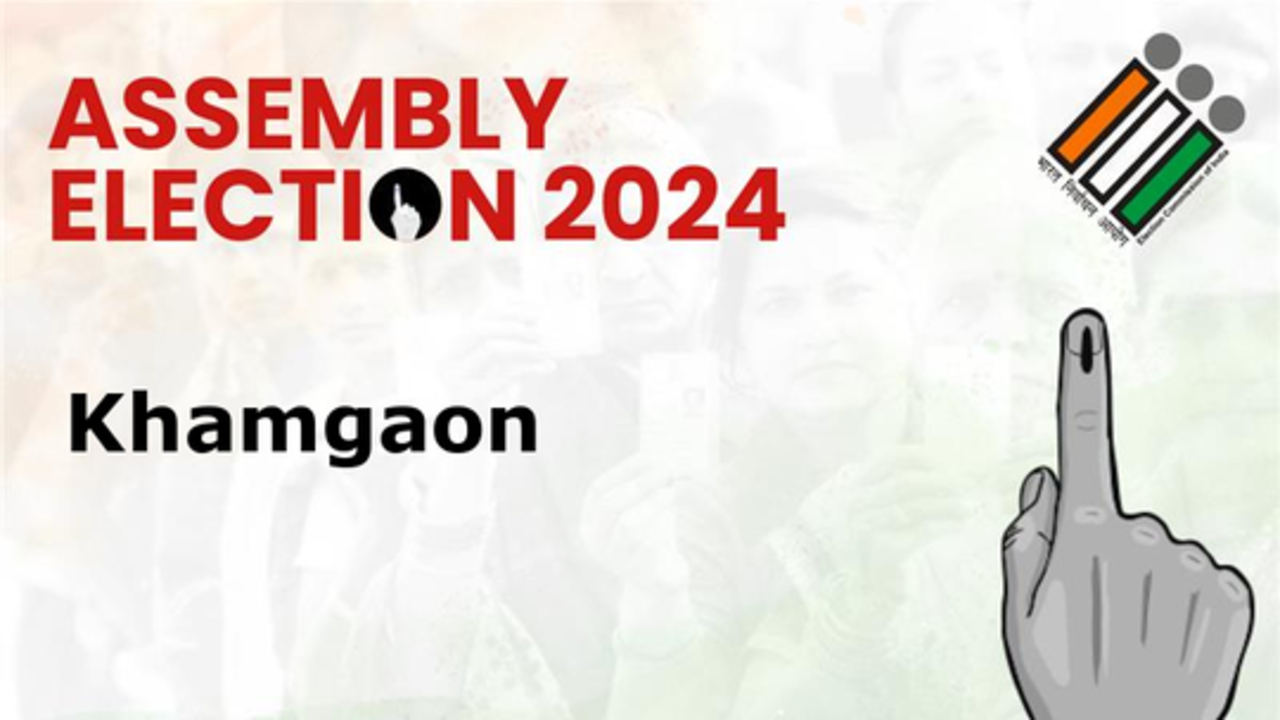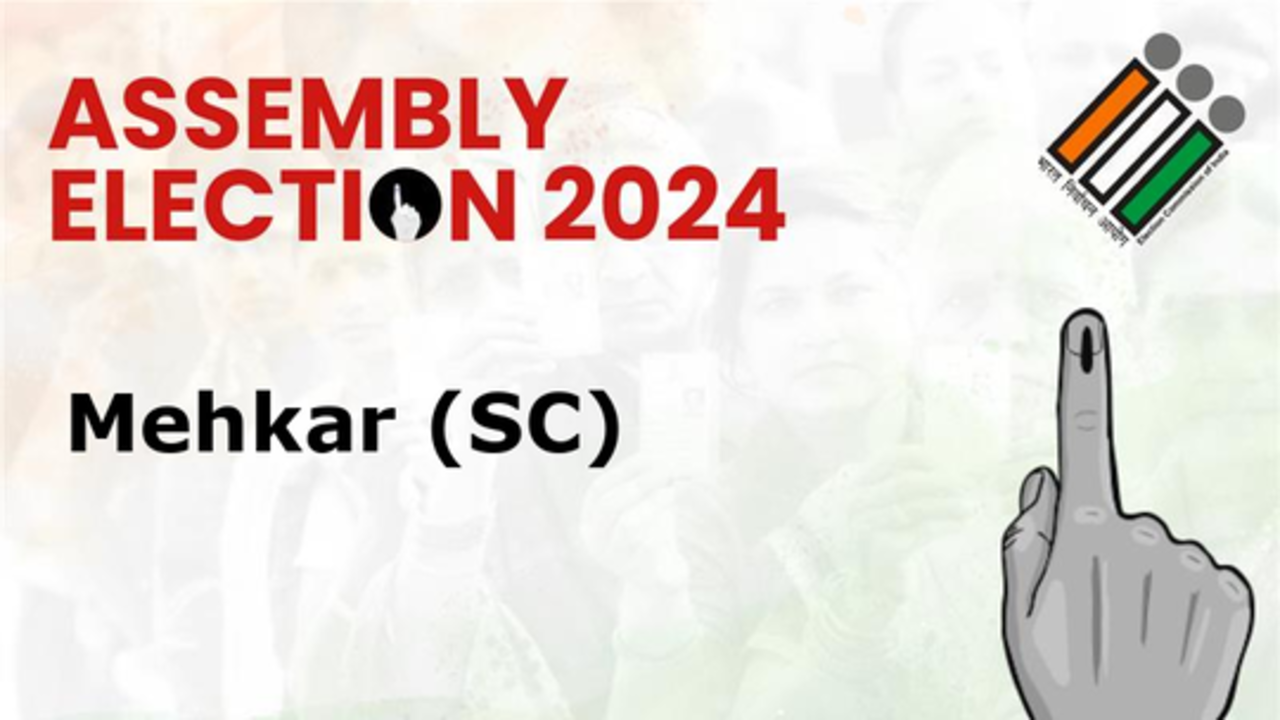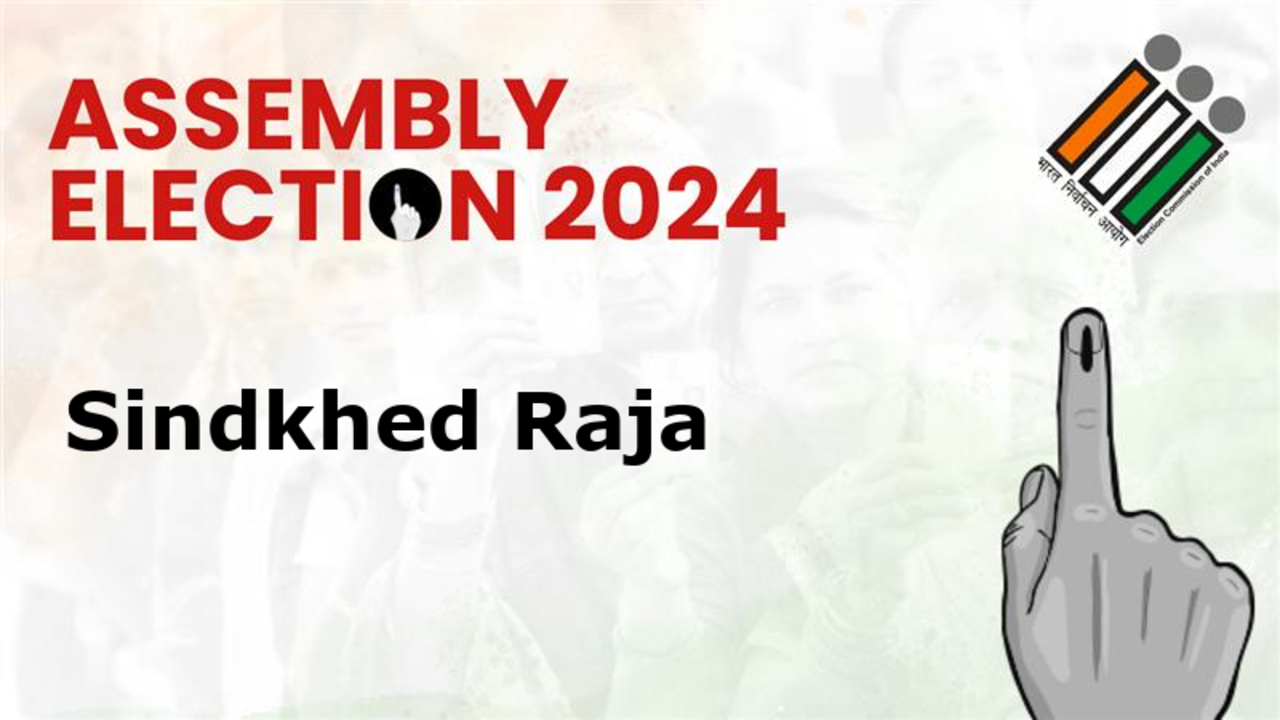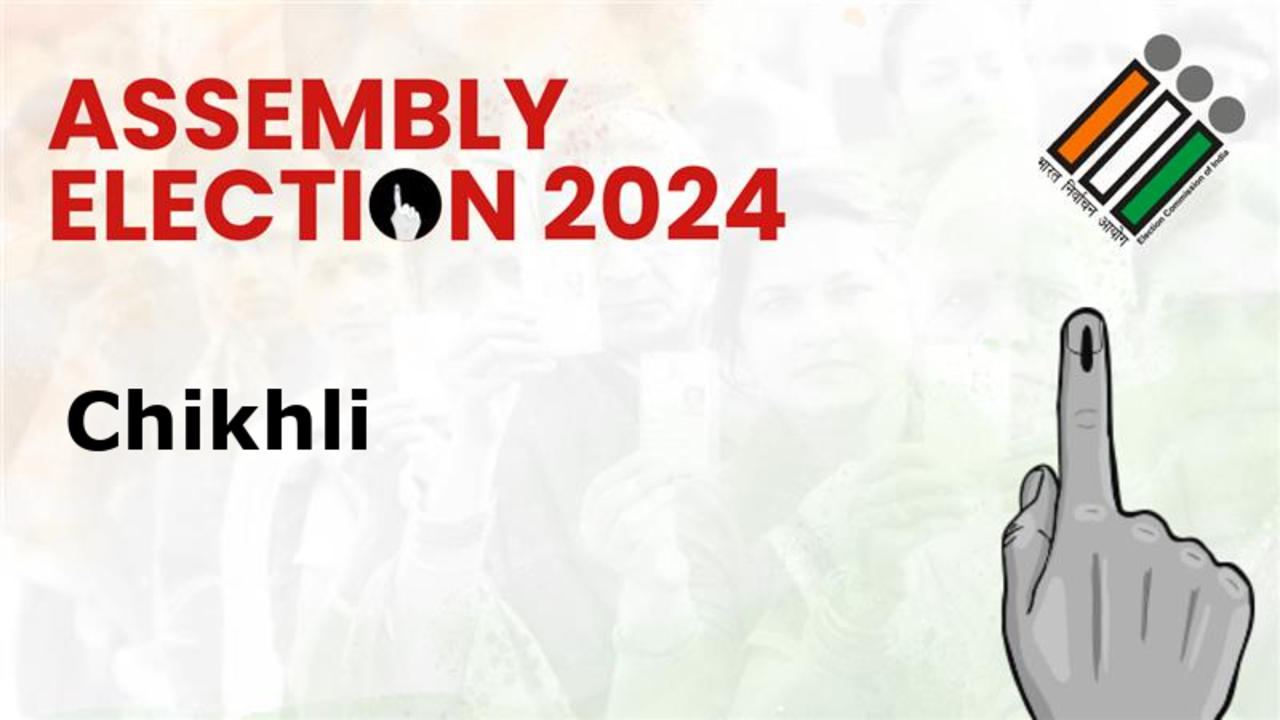
A defiant Chicago City Council unanimously rejected Mayor Brandon Johnson’s proposed $300 million dollar property tax hike Thursday as onlookers shouted, “Thank you, alderpeople” from City Hall’s public gallery. The vote sends the mayor back to the drawing board on how to create a balanced budget that avoids layoffs or furloughs, which Johnson says he won’t accept. Alderpersons and the mayor are currently in negotiations over a slew of smaller tax or fee increases across the board on things such as streaming services, alcohol or garbage collection in order to avoid or lessen a property tax increase.
Those negotiations on smaller increases came after Johnson faced swift pushback to his $300 million property tax proposal, which he announced in late October. It became clear to the mayor’s office the proposal would not have the votes to pass, and council members decided to vote it down sooner rather than later. “City council is responding to the fatigue of our residents,” said Ald.
Carlos Ramirez-Rosa, 35th Ward. “The vote today reflected the frustration that’s felt in our communities from our homeowners, from our property owners who are struggling to keep up.” Budget Committee chair Ald.
Jason Ervin, 28th Ward, said he predicts there will need to be some level of a property tax increase this year, even if it isn’t as big as Johnson hoped. “I do believe that [it’s] probably going to be necessary to have something, because the other part of this is that we have structural revenue issues that, if they’re not solved, we will be in this situation year after year after year,” Ervin said. Ald.
Andre Vasquez, 40th Ward, said it was clear Johnson did not have the votes in his favor, and “if you can’t stop it, you might as well get out of the way.” “What we’re seeing, I believe, is term over term, the council has gotten more independent. And I think it’s a good, healthy thing,” Vasquez said.
“We just got to do the exercise of what the budget is going to ultimately look like. Because whether you’re the mayor or the council, we all have a vested interest in getting this resolved before the end of year.” Property tax increases always receive separate votes from the spending plan, but that vote typically happens around the same time as the overall budget vote.
“As I’ve stated from the beginning, I will negotiate the details of this budget, but I certainly will not negotiate my values,” Johnson said ahead of the vote. The mayor’s proposed property tax increase has been the main sticking point in budget hearings so far, including from council members across the political spectrum and interest groups outside City Hall. Illinois Realtors CEO Jeff Baker said any property tax increase would worsen the housing crisis and be “a slap in the face of all of Chicago.
” A political action committee organized by the group raised over $1.5 million earlier this year to oppose a referendum that would have raised a tax on the sale of high-end properties to fund homelessness prevention. Johnson and City Council members are negotiating over alternatives to the $300 million dollar property tax increase.
A multitude of tax increases on the sale of goods, repurposing unspent federal relief dollars, or decreasing or foregoing an advanced pension payment are some of the ideas on the table, the Chicago Sun-Times reported . But already some of those avenues are also facing swift pushback, with concerns of how tax increases will hit residents’ and businesses’ pocketbooks. Raising taxes on cigarettes, alcohol, checkout bags and bottled water would lead to a “self-defeating budget” by driving residents to vote with their feet and shop outside the city, said Illinois Retail Merchants Association’s President and CEO Rob Karr.
Karr pointed to the short-lived “soda” tax on sweetened beverages in Cook County as evidence. A UIC study found purchases of the taxed beverages decreased by 21%, with an increase in cross-border shopping. Long-term, neighborhood development is at risk, Karr said.
“It’s all about disposable income, and when you take that away, you’re disincentivizing the stores that are open from being able to survive and those others from developing,” Karr said. “So, it’s really a terrible economic development approach for the city, and it’s certainly a bad economic approach for the consumers of the city.” Other tax increases on the table include increasing the personal property lease tax on cloud computing, increasing garbage collection fees and raising the amusement tax on streaming services, which faced lawsuits when it was first applied in 2015.
Michael Glasser, president of the Neighborhood Building Owners Alliance — another group that had opposed the Bring Chicago Home referendum — said, “Although the increased garbage fee may seem like a small thing, it is one more obstacle for the hardworking families who provide naturally occurring affordable housing.” Some alderpersons are pushing the administration to consider other solutions. “We’re trying to be mindful of not taxing working people.
To me, the garbage fees — just like a property tax — would hurt working people. So, I’m suggesting things that may be difficult but feasible,” Ald. Byron Sigcho Lopez, 25th Ward, said Tuesday.
Sigcho Lopez, a close progressive ally of Johnson’s, was quick to say he couldn’t support a budget with a property tax increase. He’s instead pushed for the administration to decrease a $272 million advanced pension payment. Budget officials have warned doing so would hurt the city’s standing with credit rating agencies and lead to ballooning pension bills down the road.
But faced with limited options to close the nearly $1 billion budget gap, fiscal watchdogs like the Civic Federation have recommended the city consider foregoing the payment next year. Sigcho Lopez said the city could lessen next year’s payment while advocating the state act on voters’ recent approval of increasing a tax on Illinois millionaires to fund property tax relief. “We’re not kicking the can down the road,” Sigcho Lopez said.
“We are making responsible solutions, looking for revenue.” Ramirez-Rosa also said the City Council needs to consider trimming the Chicago Police Department’s budget, tapping federal relief dollars to balance the budget as a one-time fix and ultimately urge state lawmakers to give the city more revenue-raising options. “Ultimately, long-term if this is the way that our communities feel, then we need to raise our voices to Springfield to say, ‘Give us more options.
Give us alternatives,’” Ramirez-Rosa said. “Because right now, the only real solution that the city has for structural, long-term fixes to our revenue is property taxes.” The council must pass a budget by Dec.
31. Tessa Weinberg and Mariah Woelfel cover Chicago City Hall for WBEZ..








